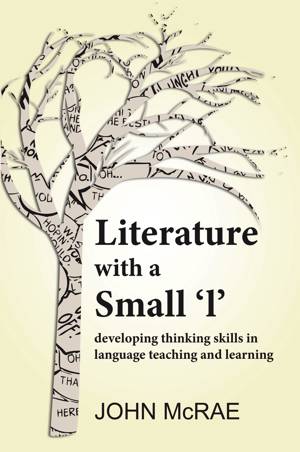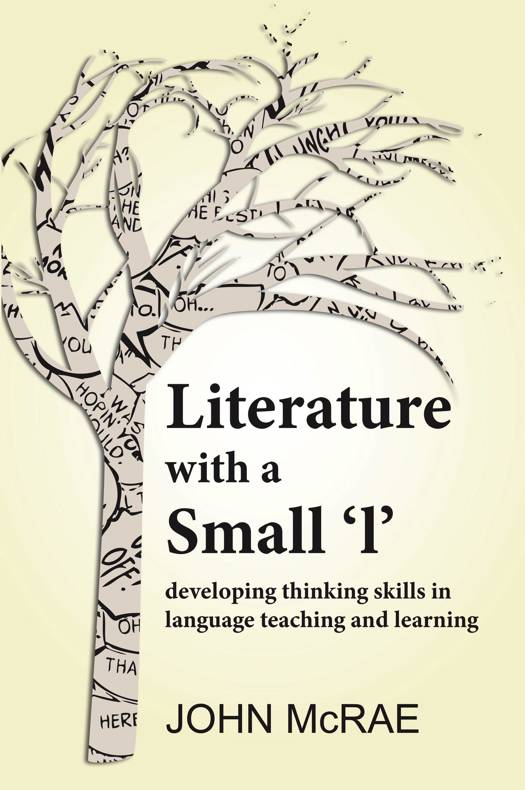
- Retrait gratuit dans votre magasin Club
- 7.000.000 titres dans notre catalogue
- Payer en toute sécurité
- Toujours un magasin près de chez vous
- Retrait gratuit dans votre magasin Club
- 7.000.000 titres dans notre catalogue
- Payer en toute sécurité
- Toujours un magasin près de chez vous
Literature with a Small 'l': Developing Thinking Skills in Language Teaching and Learning EBOOK
John McRaeDescription
For decades, the traditional "four skills" approach to language learning and teaching has focused on listening, speaking, reading, and writing. The one huge omission, the all-important thinking skill, has been left out of most methodological approaches. But all learners, teachers, and workers in the field know the vital importance of the humanist skills. Interpretation, sympathy and empathy, affect, cultural awareness, and context are indispensable. Metaphors and representational uses of language are everywhere.
Similarly, "Literature" tends to be represented as some kind of upmarket language use—it is given an institutional capital L, as if to show how important it is. This book restores imaginative "literary" materials to their proper, everyday place in language use and therefore in language learning. It presents a thorough, teacher- and learner-friendly methodological approach to using imaginative texts of all kinds in language teaching and learning.
This is the book that set the trend towards creative reading and thinking, the use of representational materials in language learning and teaching, and has encouraged the development of personal response and interpretation, leading to greater and more confident self-expression, and opened up the doors of readers' and learners' imagination.
Spécifications
Parties prenantes
- Auteur(s) :
- Editeur:
Contenu
- Langue:
- Anglais
Caractéristiques
- EAN:
- 9798201036973
- Date de parution :
- 28-04-22
- Format:
- Ebook
- Protection digitale:
- /
- Format numérique:
- ePub







